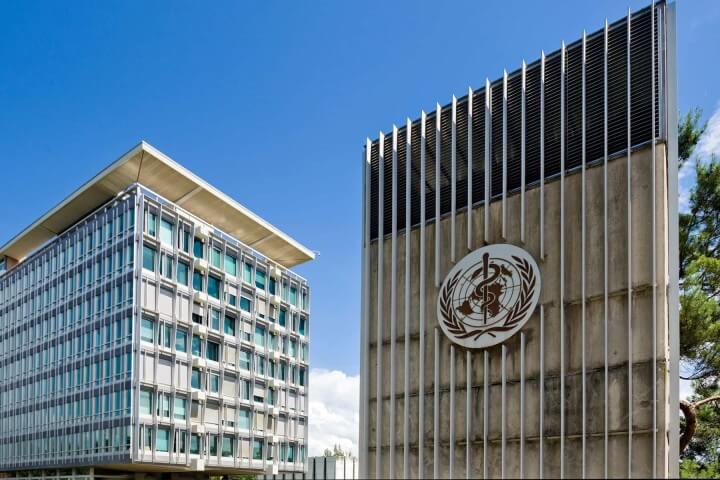As Infertility Affects 1 In 6 Globally, WHO Calls For Accessible Treatment
The World Health Organisation (WHO) has called on countries to make fertility care safer, fairer and more affordable for all, warning that infertility affects 1 in 6 people of reproductive age globally.
It also warned that tobacco use causes infertility in both men and women. It stressed that nicotine damages the genetic materials in eggs and sperm.
The WHO, in its first-ever global guideline for the prevention, diagnosis, and treatment of infertility on Friday, stated that while demand for services is rising worldwide, access to care remains severely limited.
It also noted that in some settings, a single round of in vitro fertilisation (IVF) can cost double the average annual household income.
The global health leader further quoted its Director General, Dr Adhanom Ghebreyesus, saying, “Infertility is one of the most overlooked public health challenges of our time and a major equity issue globally.
“Millions face this journey alone — priced out of care, pushed toward cheaper but unproven treatments, or forced to choose between their hopes of having children and their financial security. We encourage more countries to adopt this guideline, giving more people the possibility to access affordable, respectful, and science-based care.”
Advertisement
The WHO noted that the guideline includes 40 recommendations that seek to strengthen the prevention, diagnosis, and treatment of infertility and promote cost-effective options at every stage while advocating for the integration of fertility care into national health strategies, services, and financing.
It further noted that it provided guidance on steps for the effective clinical management of infertility and also called for increased investment in prevention, including information on fertility and infertility and factors such as age in schools, primary health care and reproductive health facilities.
Additionally, it stressed the need to tackle leading risk factors for infertility, including untreated sexually transmitted infections and tobacco use, adding that lifestyle interventions, such as a healthy diet, physical activity, and tobacco cessation, are recommended for individuals and couples planning or attempting pregnancy.
WHO also pointed out that informing people about fertility and infertility early can assist them in making reproductive plans.
The guideline further highlighted clinical pathways to diagnose common biological causes of male and female infertility. It also provided guidance on how to progressively advance treatment options from simpler management strategies, where clinicians first provide advice on fertile periods and fertility promotion without active treatment, to more complex treatment courses such as intrauterine insemination or IVF.
Advertisement
Recognising the emotional toll of infertility, which can lead to depression, anxiety and feelings of social isolation, the guideline also emphasised the need to ensure ongoing access to psychosocial support for all those affected.
WHO urged countries to adapt the recommendations to their local contexts and monitor progress.
It also urged collaboration across Ministries of Health, health professional societies, civil society, and patient groups to achieve successful implementation.
It further urged counties to empower people to make informed, individual reproductive decisions.

